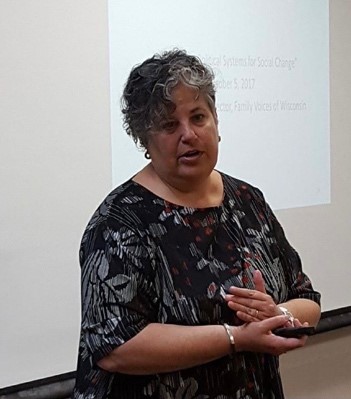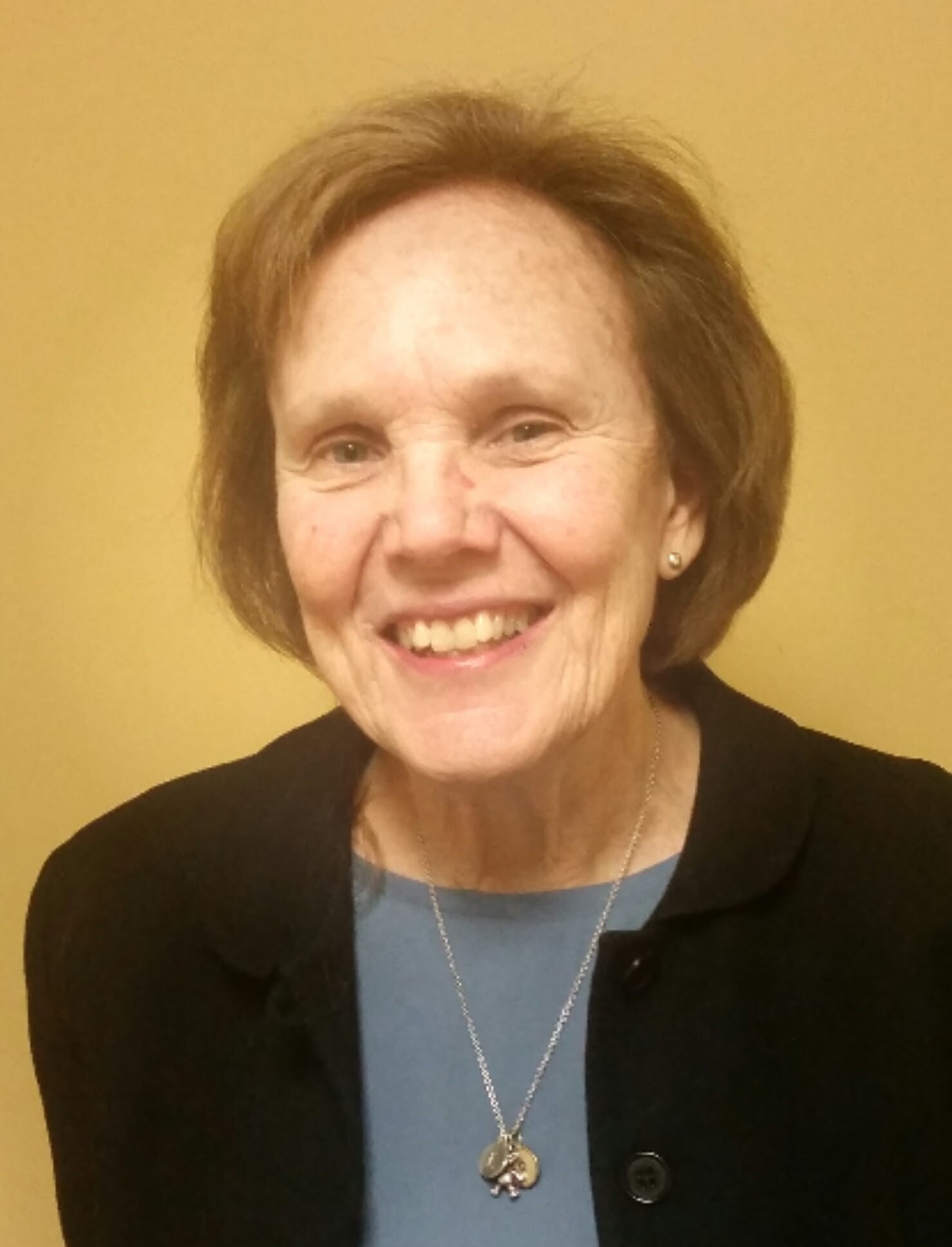OPEN ENROLLMENT
The only jurisdictions that are still open for insurance-coverage enrollment are New York and the District of Columbia. In both, the enrollment period ends on January 31.
NOTICE OF BENEFIT AND PAYMENT PARAMETERS (NBPP)
On January 17, the Department of Health & Human Services (HHS) announced the release of the 2020 “Notice of Benefit and Payment Parameters” (NBPP) [PDF, 95 pp]. Once finalized this rule will govern key aspects of the Affordable Care Act (ACA), including the operation of the federal and state marketplaces, benefit standards for health plans, and premium stabilization programs. See also the CMS Fact Sheet and the 2020 Draft Letter to Issuers. Comments on the rule are due February 19, 2019, and can be submitted via Regulations.gov.
From the consumer perspective, there are both positive and negative elements of the NBPP, of which a few are noted below. The following explanations are drawn from a more thorough blog post from the Georgetown Center for Health Insurance Reforms (CHIR). In-depth information can also be found in “The 2020 Proposed Payment Notice, Part 1: Insurer and Exchange Provisions” (Health Affairs blog, 1/18/19).
“Premium Adjustment Factor.” The administration proposes to change the way it calculates the ACA’s “Premium Adjustment Factor.” Ultimately, this would decrease premium tax credits and increase out-of-pocket costs for consumers, including those with insurance provided by their employers. (See the explanation in the CHIR blog post.)
Promotion of generic drugs. Some significant proposed changes involve prescription-drug benefits:
- Insurance plans would be permitted to change their drug formularies mid-year. They could take a brand name drug off their formulariesor to move it to a higher cost-sharing tier. Insurers would have to give enrollees at least 60 days’ notice of the formulary change. HHS asks for comments on whether a 90- or 120-day notice period would be more appropriate. This proposal would not preempt state law.
- Insurance plans could exclude a brand-name drug from its “essential health benefits” (EHBs) if they cover a generic equivalent. As a result, the brand-name drug would not be subject to annual or lifetime dollar limits, and patients’ cost-sharing towards the drug would not count towards their annual cap on out-of-pocket spending. Patients could seek exceptions if only the brand name drug is medically appropriate. HHS asks for comments on whether this policy should preempt any conflicting state laws, and whether an insurer’s decision to exclude a drug from EHB should be considered an adverse benefit determination that would trigger an enrollee’s right to appeal.
- HHS proposes that if a consumer uses a manufacturer’s coupon to cover the copayment or coinsurance towards a brand-name drug when a generic equivalent is available, the insurer would not be required to count that cost-sharing towards the consumer’s annual cap on out-of-pocket spending. HHS seeks comments on whether this policy should preempt state law.
Navigators. HHS proposes to eliminate the requirement that Navigators provide consumers with post-enrollment assistance; “streamline” Navigator training materials; and encourage Navigators and other assisters to enroll clients through web-brokers that meet certain standards.
New Special Enrollment Period Opportunity. HHS proposes to expand the group of individuals that would have a special enrollment period (SEP) to include individuals enrolled in off-marketplace individual market coverage who become eligible for the ACA’s premium tax credits due to reduced income. Previously only those already enrolled in a marketplace plan or in employer-sponsored coverage would qualify for such a SEP.
Silver Loading. Notably, and on the positive side for consumers, the proposed NBPP does not ban “silver loading.” (The administration had signaled that it might do so.) Silver loading refers to the practice of concentrating premium increases in an insurer’s “silver plan.” Premium tax credits are based on the cost of silver-level plans, so are greater when silver-plan premiums are higher, whether or not the consumer purchases a silver-level plan. Silver loading arose when the government stopped reimbursing insurers for offering plans with cost-sharing reductions (CSRs), as they are required to do by law. If CSR payments to insurers are not re-instituted, and silver loading were not permitted, then premiums would go up across all plans offered by an insurer, meaning that most consumers would have to pay higher premiums.
Automatic Re-enrollment. The proposed NBPP does not eliminate automatic re-enrollment in federally-facilitated marketplace plans for eligible enrollees who have not taken action to re-enroll or select a new plan. Without automatic re-enrollment, many people would likely lose coverage.


















